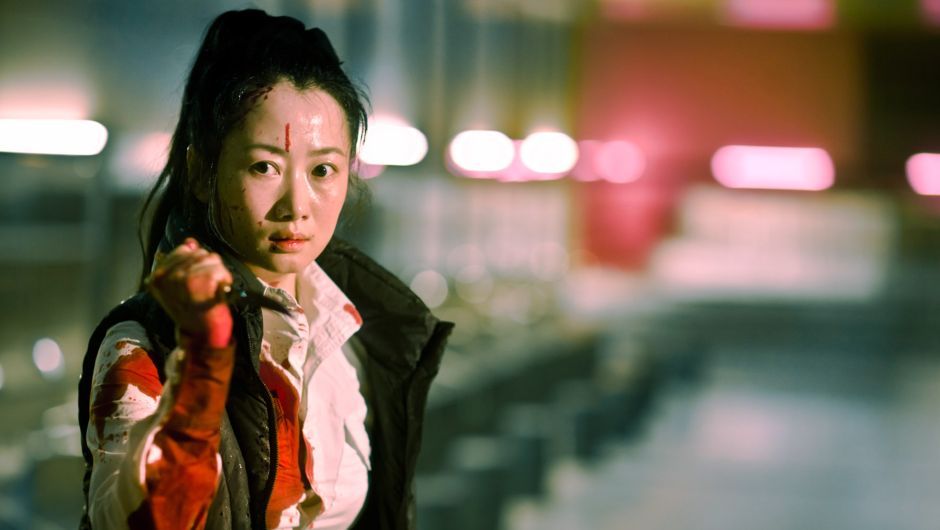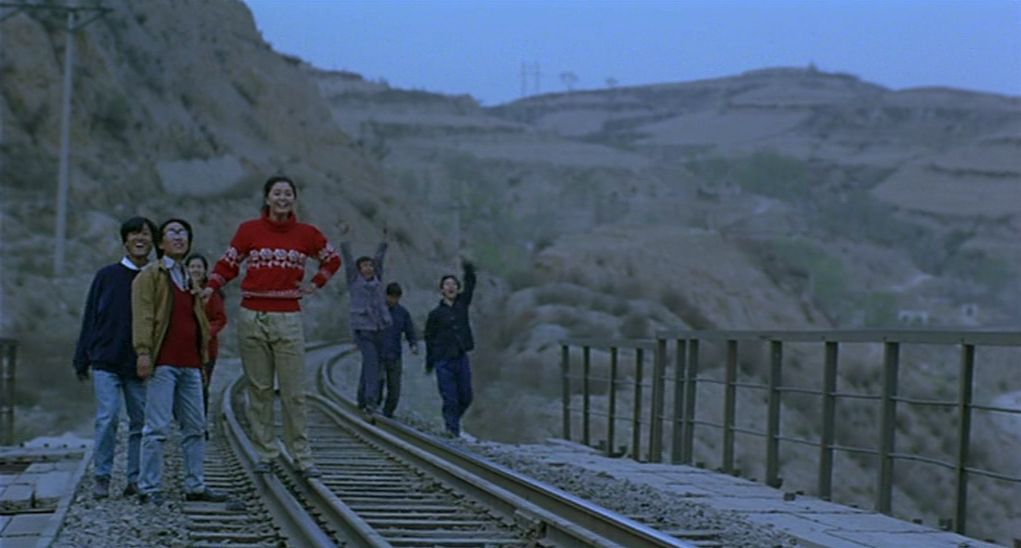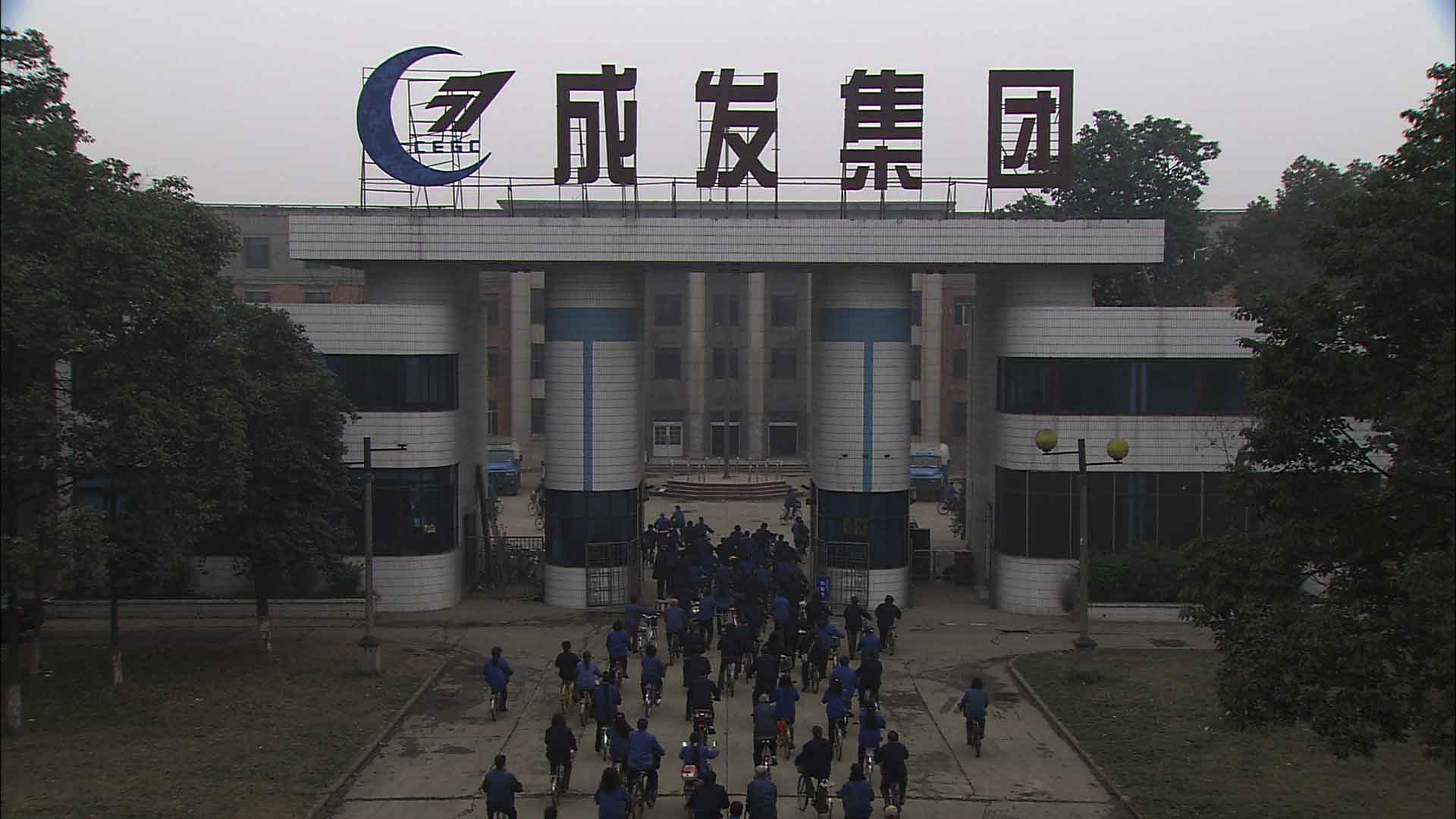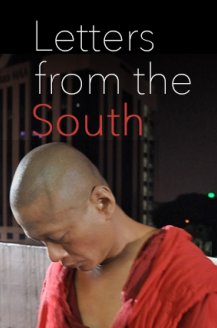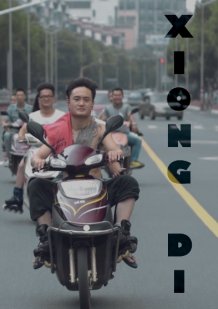By Jessica Duncanson
As part of the so-called ‘Sixth Generation’ of Chinese filmmakers, Jia Zhangke has been a key figure in the realist film movement. Having begun his career in the mid-90s, his films have dealt with China’s rapid economic development and urbanisation. He particularly represents the people that have been left behind by these trends. As a filmmaker for the people, his films have been mostly banned in China. While a couple have managed to make it pass the censors, the majority have portrayed the brutal reality of China that its government does not want publicised. In this way, Jia Zhangke’s work has been incredibly significant in allowing a deeper understanding of Chinese social issues abroad.
Here, FilmDoo looks at four of his most socially connected films and studies the importance of what they represent.
Platform (2000)
Platform follows a young acting troupe from Fenyang through the best part of a decade. The film’s setting is Jia’s own hometown and the protagonist’s cousin is played by Jia’s own cousin and is inspired by a real-life encounter that occurred while he was making the film. Aside from these personal matters, the film deals with youth identity in the post-Mao era. Having been described as the ‘lost generation’, these young people struggled against the conflict between remnants of Maoism and the push towards market capitalism. The film shows this generation rejecting the traditionalism of their parents and longing for integration into urban modernity. The latter, however, always appears somehow unattainable. Platform gives a voice to this forgotten generation.
Still Life (2006)
Still Life is set under the backdrop of the construction of the Three Gorges Dam. This project saw the displacement of over a million people and the film looks at the impact on the town Fengjie. The film depicts the gradual sinking of the town, as well as a similar sinking, or helplessness, felt by its residents, all in the name of development. The protagonists are searching for estranged family members, but also for direction in a society that is rapidly changing and becoming more and more unknown. The film captures the alternative perspective of China’s rapid push towards modernity and superpower status and once again shows those marginalised by such development.
24 City (2008)
This film is a mix of documentary and fictional realism. Following the urbanisation of Chengdu, the film focuses on the removal of a factory to make way for apartment buildings. Through interviews with former employees of the factory, as well as dramatized interviews with actors, the film looks at the difficulty of finding work but also of coping with harsh conditions in factories. The interviewees melancholically discuss their experiences of dedicating their lives to the factory and then watching it be destroyed. The film documents the impact of the stark economic changes that have occurred in China in the 21st Century and tells the stories of those struggling to keep up.
A Touch of Sin (2013)
A Touch of Sin stands in contrast to the aforementioned three films. While it certainly does adopt fictional realism, it combines this with unique stylistic elements, such as wuxia. As a nod to King Hu’s 1971 film A Touch of Zen, this connection is even found in the film’s title. Rather than distract from the film’s social commentary, these aspects appear rather to parody the absurdity of many socially ignorant wuxia epics and instead serve to heighten the brutal reality of the film’s issues. Principally, the film deals with corruption and the unequal distribution of wealth. Through varying degrees of violence, the film’s protagonists fight against these injustices. Based on real-life stories that Jia found on the Chinese micro-blogging site Weibo, A Touch of Sin portrays the desperation found in many areas of Chinese society.

